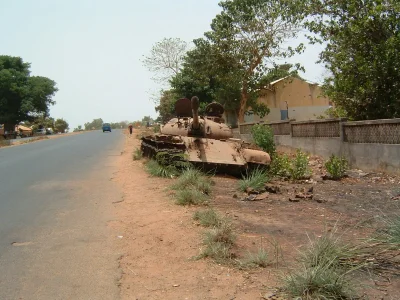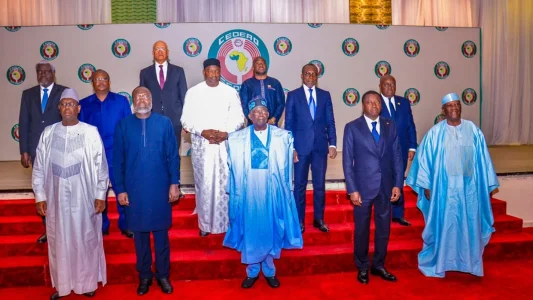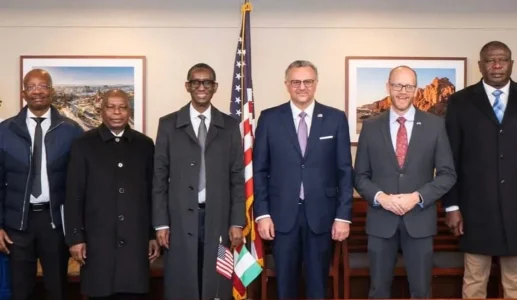
The Digest:
Guinea-Bissau's military has once again seized power, dissolving government institutions and detaining the president just days after a contested presidential election. The coup, the country's ninth since independence, highlights the chronic instability plaguing the West African nation and has drawn swift condemnation from regional bodies.
Key Points:
- The coup occurred a day before the announcement of results from the November 23 presidential election, where both the incumbent and the main opposition candidate claimed victory.
- Soldiers seized key sites in Bissau, with the "High Military Command for the Restoration of Order" suspending the constitution and closing borders.
- President Umaro Sissoco Embaló was deposed and detained, later fleeing to Senegal, while General Horta Inta-A was sworn in as transitional leader.
- The military justified its actions by citing a need to thwart a plot by politicians and a "well-known drug lord" to manipulate election results.
- This marks at least the 9th successful coup or attempt since the country gained independence from Portugal in 1974.
- ECOWAS suspended Guinea-Bissau from its decision-making bodies, while the AU and UN condemned the takeover.
- Underlying triggers include a legitimacy crisis, the barring of the main opposition party (PAIGC), and the state’s role as a drug-trafficking hub.
Sources: Premium Times, Channels TV



